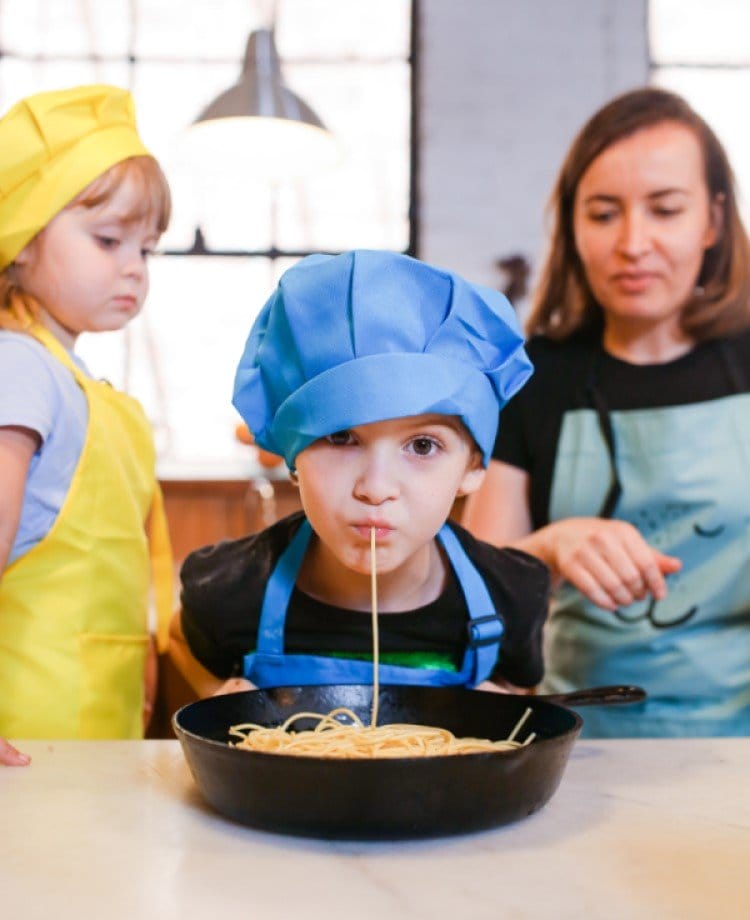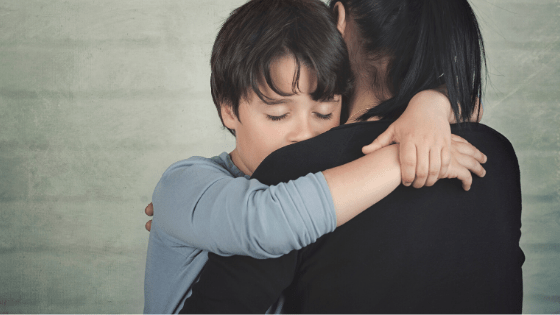A director discusses the literacy and numeracy crisis following lockdown in an article published in the nasen Connect magazine.

Ryan Stevenson
Dr Ryan Stevenson writes about the current literacy and numeracy crisis following lockdown.
This was published in nasen Connect magazine (Sep 21)
Dr Ryan Stevenson, Co-founder & Director at Bright Heart Education, reflects on how lockdown has negatively impacted children’s numeracy and literacy. This has been especially the case for children with SEND. He also considers potential approaches for meeting this crisis.
This article was published in the nasen Connect magazine – September 2021 edition.
The numeracy and literacy crisis – insights from the front line
As children start a new year with excitement and trepidation, we can now look at the 2020/1 year with greater perspective. It was a trying time to teach while managing class bubbles and quarantine. This has presented its own challenges as a SEN tutoring agency, with students and tutors spending time in isolation. Emerging through these clouds, we have a better sense of the lost time students have experienced, but are less clear regarding this impact and how much children have retained. The emotional impact of this period must also be acknowledged and much less is known on the impact of children with special educational needs.
Studies were conducted by McKinsey on the effectiveness of remote learning during the pandemic with scores provided by global teachers. While schools, parents and tutoring agencies adapted innovatively, the study gave the UK a score of 4.9 out of 10 for online effectiveness of remote learning, with 2.8 learning months lost. By comparison, Germany, a top performer, still suffered a loss of 1.7 months of learning.
In June this year, the Renaissance Learning, Education and Policy Institute released a report tracking 375,000 students in England in the first half of the autumn term and 185,000 students in the second half. The study indicated that primary students lagged by 1.7 months in literacy and by 3.7 months in mathematics. For students from disadvantaged backgrounds (receiving free school meals), these figures were 2.2 and 4.5 months respectively. While there was some catchup in the second half of the autumn term (an average of 0.6 months for literacy and 1 month for maths), this still resulted in an unfortunate net learning loss. Catchup was lower for SEN students.
In general, conceptual understanding in maths has suffered greatly, and it is clear there is no easy substitute for a teacher building the foundations in person. The extra attention that students with SEN require for literacy has also come at a cost. So now that there is a better idea of what is lost, how do children catch up?
Next steps
One option is to raise the lesson tempo and volume of homework. However, as Harris, one of our maths tutors on the front line, notes:
‘…many students have become overwhelmed with the workload from school. Students during the lockdown/online teaching phase found it difficult to cope and would not pay much attention in lessons, when coming back to school there seems to be an influx of work which has raised anxiety for many students as the pressure and overload of work rises. I think students are still transitioning in this period and I have to say I do feel for them.’
While there is pressure on teachers, caution should be advised against tackling a large problem with a larger hammer. Many students with special needs already struggled with social and emotional challenges prior to the pandemic. One needs to be careful not to have attitudes towards learning steer towards the negative as increasing pressure is shifted on to students.
The government has proposed longer school days and shorter holidays. However, as pointed out by some already, the quality of attention by students is not sustained for longer duration, and over-tired primary students tend to create low-level classroom disruption. Shorter holidays may sound attractive to parents, but UK teachers currently have one of the highest workloads in the world. Workload is often cited as the chief cause for schools struggling with staff retention.
The National Tutoring Programme (NTP) was launched to address the loss in learning time, with a particular emphasis on disadvantaged students. The idea is admirable in principle; however, the allocation of resources has been a challenge and seeking larger budgets for school recovery programmes has taken its toll with the departure of Sir Kevan Collins. The effectiveness of one-to-one and small group tuition is uncontested for helping students; it is hoped the government sees the importance of this avenue of delivery. As a tutoring agency, we’ve looked to help where possible, providing free tutoring at a school for small groups of disadvantaged students. Many of these students had learning challenges and English as a second language. With many of the students having had no access to remote learning or the right support during lockdown, it took time to put them at ease and for them to reengage with learning. However, with patience, encouragement and appropriate support, the students have made good progress.
Another solution seen in action, which worked effectively and at low cost, was a school paying their own senior students to tutor those younger and falling behind. While not in the same league as professional tutors, there was a gain by the senior students (if you want to master something, teach it – Feynman), a noticeable gain by the tutees and all within the school budget. This may not be the specialised help that some students need, but would go some way towards alleviating the current crisis.
The last 18 months cannot be quickly overcome nor glibly dismissed. But along with planned teaching, creative and collaborative approaches can really help children catch up lost learning.
Contact us
If this article rings true for you, then please get in touch and let us know how best we can help.
Share this article



















































